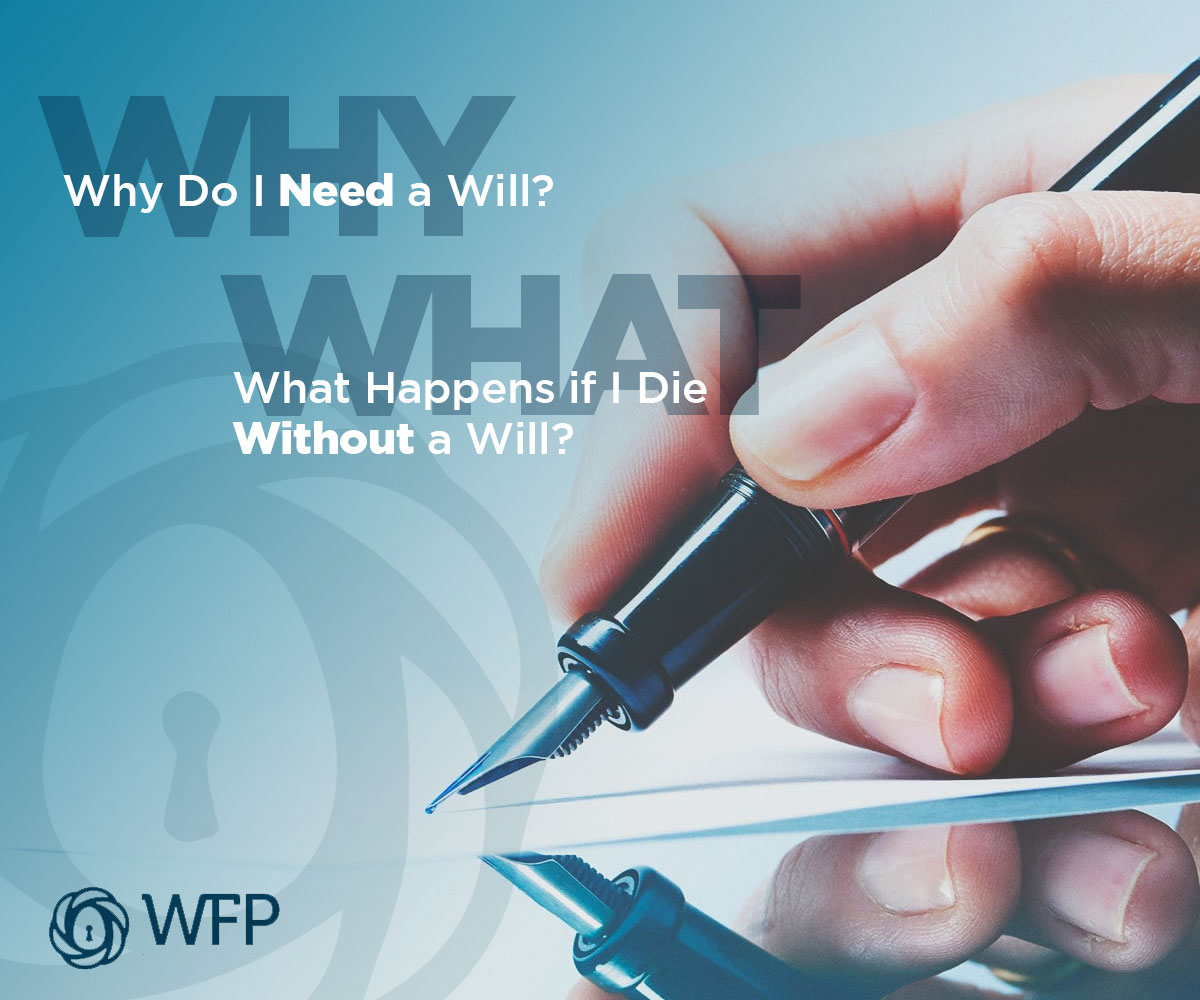 We get it—life gets busy. Though estate planning is a necessity for adults, some view it as expensive and time-consuming. We urge you to look past any preconceived, negative notions of estate planning and focus on your loved ones, as a person who has a will (and an estate plan) is far better-suited to take care of them than one who does not.
We get it—life gets busy. Though estate planning is a necessity for adults, some view it as expensive and time-consuming. We urge you to look past any preconceived, negative notions of estate planning and focus on your loved ones, as a person who has a will (and an estate plan) is far better-suited to take care of them than one who does not.
In this article, we will focus on the document that is the best-known of all estate planning arrangements: the last will and testament. We will cover what it is and entails, as well as what happens if you die without one.
What Is A Last Will And Testament?
Throughout almost the entire world, distributing the estate of a dead person after he or she dies has been a solemn social custom. The written will is said to date back to the times of Solon, an Athenian statesman who lived centuries ago. Originally, the last will and testament was a device solely for men who died without leaving an heir.
Now, a will is far more widely-applicable, thanks in part to Old English Law straightening out and expanding upon many of the classic rules behind estate disposition. A last will and testament is a legally-binding document that expresses how a person wants his or her assets (their “estate”) distributed after they die.
Assets can include anything from bank accounts to property, and heirs are the intended beneficiaries of the estate of a deceased person. This area of the law is vast and detailed, and different types of wills and applicable rules abound.
That said, in Florida, a will must abide by these rules:
· A will must be signed by a testator (the person making the will), and he or she must be mentally-competent and over the age of eighteen.
· The will must be typed or handwritten; you cannot have an oral will in Florida.
· The testator’s signature must be at the very end of the will.
· There must be two competent persons there to witness the will.
· The will has to be signed by everyone in the same room, and these individuals must sign the will at the same time.
In Florida, the law is followed strictly when it comes to wills. That is why it is important to talk to an attorney to have a valid will executed properly. Missing any one of the steps above can lead to a will being rendered invalid.
What Happens If You Die Intestate?
When we say “intestate,” we refer to dying without a last will and testament or other document to govern the distribution of your property. In Florida, if you die unmarried, the Florida Intestacy Statutes give all of your property to your kids. If there are no children, your estate goes to your parents.
There are many different disadvantages of dying intestate. Namely, you will have to go through probate court, a lengthy, time-consuming, privacy-invading court process. Here are other “cons” of dying intestate (there are no “pros”):
· You don’t get to leave the assets you want to the people you want to inherit them. Dying intestate takes away your choice in that matter. As a result, descendants may be unfairly disadvantaged or advantaged.
· You can’t nominate your own guardian for your children or an executor for your will.
· The estate’s distribution may be delayed if there are conflicts between beneficiaries. This isn’t unheard of in intestacy cases, as there is no will to clearly lay out the deceased’s wishes.
· You don’t get to make use of legal estate tax minimization.
Dying intestate takes away your freedom of choice—your estate is left in the hands of the government, and the courts may make decisions about your assets, kids, and pets that, were you able to choose, you would not have made.
Hopefully, the article has reinforced the need to have an estate plan, lest you die intestate. Contact a WFP estate planning attorney today to learn more about setting up a will and, if applicable, other legal arrangements.

